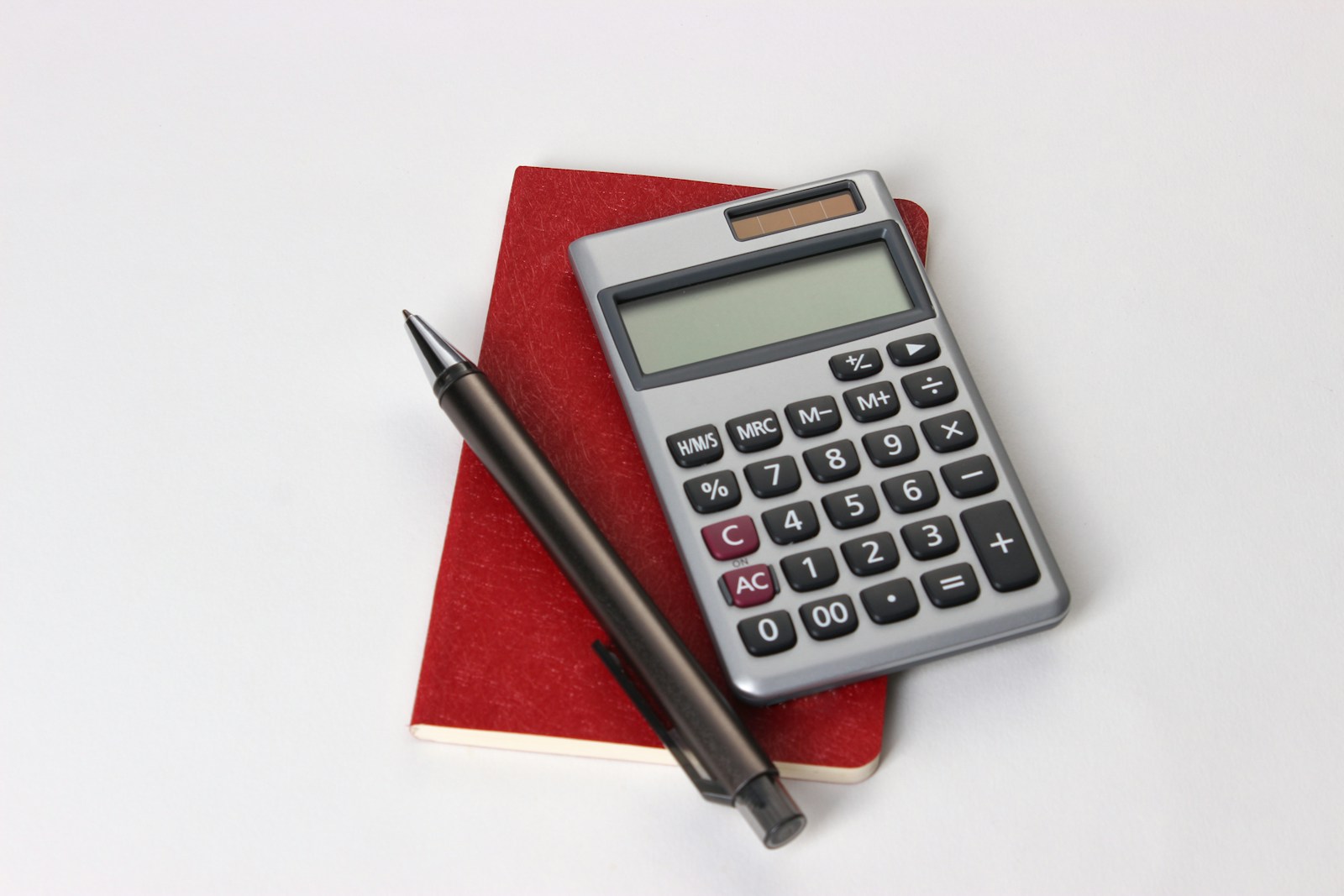9 Simple Money Habits to Help You Grow Your Net Worth
As a professional bookkeeper, I’ve seen how small, consistent habits can make a huge difference in a person’s financial health—whether you’re managing a business or just trying to stay on top of your personal finances.
You may have heard of the bestselling book Atomic Habits, which explains how tiny, consistent actions (called “atomic habits”) can lead to massive long-term change. The same principle applies to your money. Improving your finances doesn’t require giant leaps—it’s about adopting a few smart, sustainable habits and building from there.
If increasing your net worth, gaining peace of mind, and reducing financial stress are on your radar, here are nine bookkeeper-approved habits to help you get there.
1. Know Your RRSP Balances and Make a Plan to Contribute
If you’re in Canada, your RRSP (Registered Retirement Savings Plan) is one of the most powerful tools you have to reduce your taxes and save for retirement.
The key is to know your available contribution room, which you can find on your CRA Notice of Assessment or through your CRA My Account. Keep in mind, unused contribution room is carried forward so it’s never too late to start.
Pro tip: Set up automatic monthly contributions to your RRSP. This not only removes the decision fatigue but also helps smooth out your investment performance through dollar-cost averaging.
2. Contribute Regularly to Your TFSA
While your TFSA (Tax-Free Savings Account) doesn’t give you an immediate tax break, any growth or income earned inside your TFSA is completely tax-free—which can be incredibly powerful over time.
Check your remaining contribution room through CRA My Account, and like your RRSP, consider automating your contributions. Even small monthly deposits can grow substantially with time and consistency.
3. Create and Track a Budget
This one’s a classic for a reason.
Setting up a simple budget helps you stay in control of your cash flow—whether you’re managing your household or your business. It’s not about restrictions, but about awareness. Track your income and expenses so you can make smarter decisions, avoid unnecessary debt, and free up money for savings or investments.
There are tons of user-friendly tools and apps out there (or you can use a trusty spreadsheet).
4. Pay Off Credit Cards or Use a Line of Credit Wisely
Credit cards are convenient, but the interest rates are painful. If you’re not paying them off in full each month, that debt can become a huge drag on your finances.
If full repayment isn’t possible right away, consider speaking with your bank about a line of credit. These often come with much lower interest rates and can be a more affordable short-term borrowing option.
5. Track and Use Your Rewards Points
Many of us collect points and rewards through credit cards, loyalty programs, or travel apps—but forget to use them!
Instead of letting those points expire or collect digital dust, use a spreadsheet or a free tracking app to monitor your balances. Whether it’s a free flight, cashback, or a gift card—these are real assets that can stretch your spending further.
6. Have a System for Your Tax Documents
Tax season doesn’t have to mean chaos.
Set up a dedicated folder (physical and digital) at the beginning of each year and drop in any receipts, slips, or important tax documents as they come in. No fancy organization required—just consistency.
By the time tax time rolls around, you (or your bookkeeper) will thank you. You’ll be less likely to miss out on deductions, and the process will be far less stressful.
7. Review Your Credit Cards and Subscriptions Regularly
It’s a good idea to review your credit card lineup every year. Are you getting the best rewards? Are you paying annual fees for benefits you no longer use? There are websites that compare credit card offers to help you choose one that suits your lifestyle and spending habits.
And while you’re at it, do a quick sweep of your subscriptions. We all sign up for streaming services, apps, or tools we no longer use—but those charges add up. Cancel anything that no longer adds value.
8. Set Up a Will (Yes, Really!)
While not technically a “habit,” setting up a will is an essential part of financial hygiene—especially if you own a business or have dependents.
Having a will ensures that your assets are distributed according to your wishes and can save your family time, stress, and legal fees. The good news? You no longer need a lawyer’s office to get it done—there are affordable, reputable online platforms that can walk you through the process in less than an hour.
9. Use Reminders to Stay Organized
One of the simplest yet most effective tools? Calendar reminders.
Set recurring alerts for:
- Credit card due dates
- Bill payments
- RRSP/TFSA contribution deadlines
- Tax instalment due dates (if applicable)
- Quarterly investment reviews or rebalancing
These gentle nudges keep you on track and prevent those “oops, I forgot” moments that can cost you money or time.
Final Thoughts
Financial discipline doesn’t have to mean drastic lifestyle changes. It’s about creating easy-to-maintain systems that support your goals—whether you’re saving for retirement, growing a business, or simply trying to feel more in control.
If you adopt even a few of these habits, you’ll be well on your way to increasing your net worth and reducing financial stress. And remember: the best time to start is always now, even if it’s just one small step at a time.














